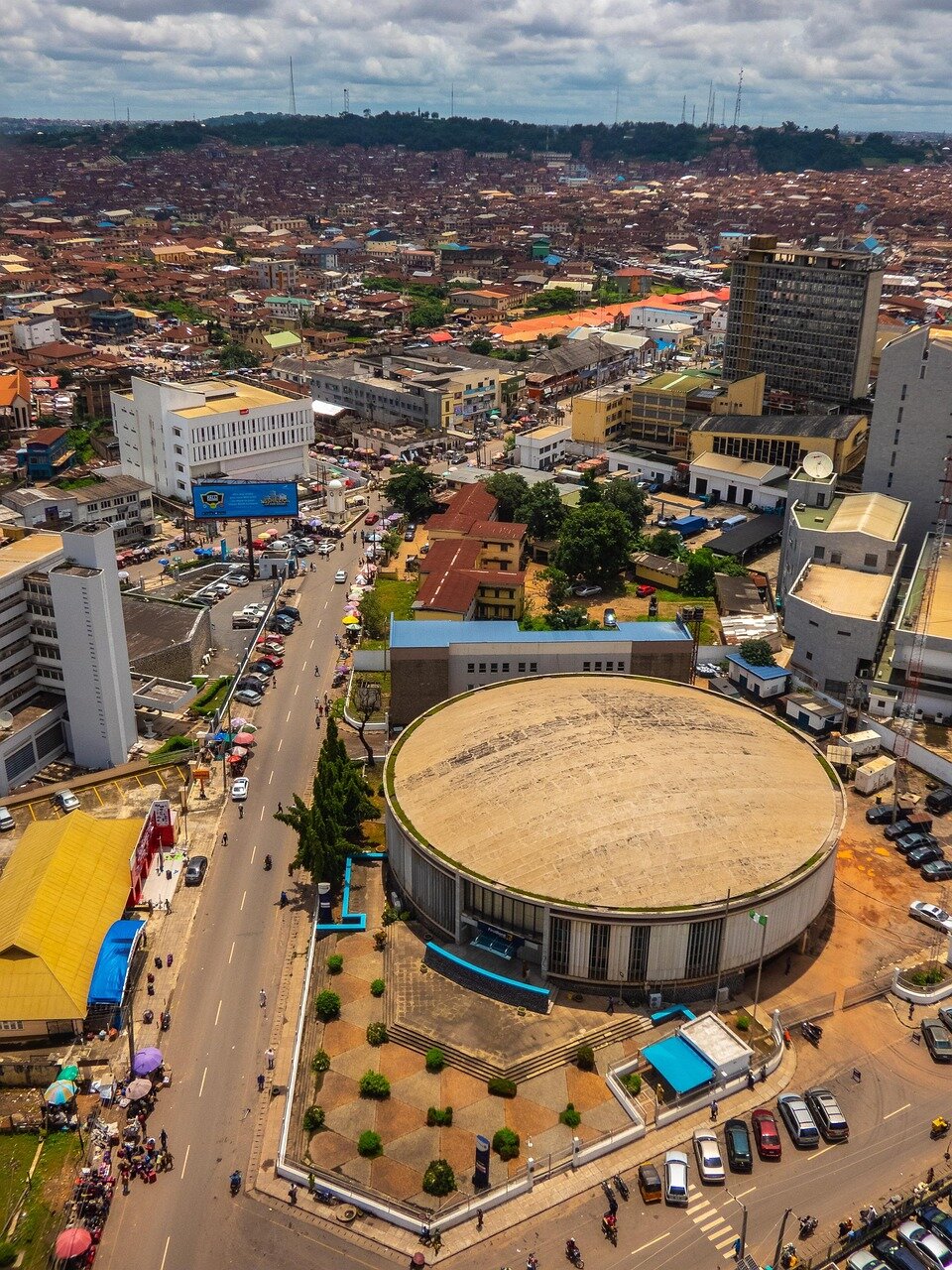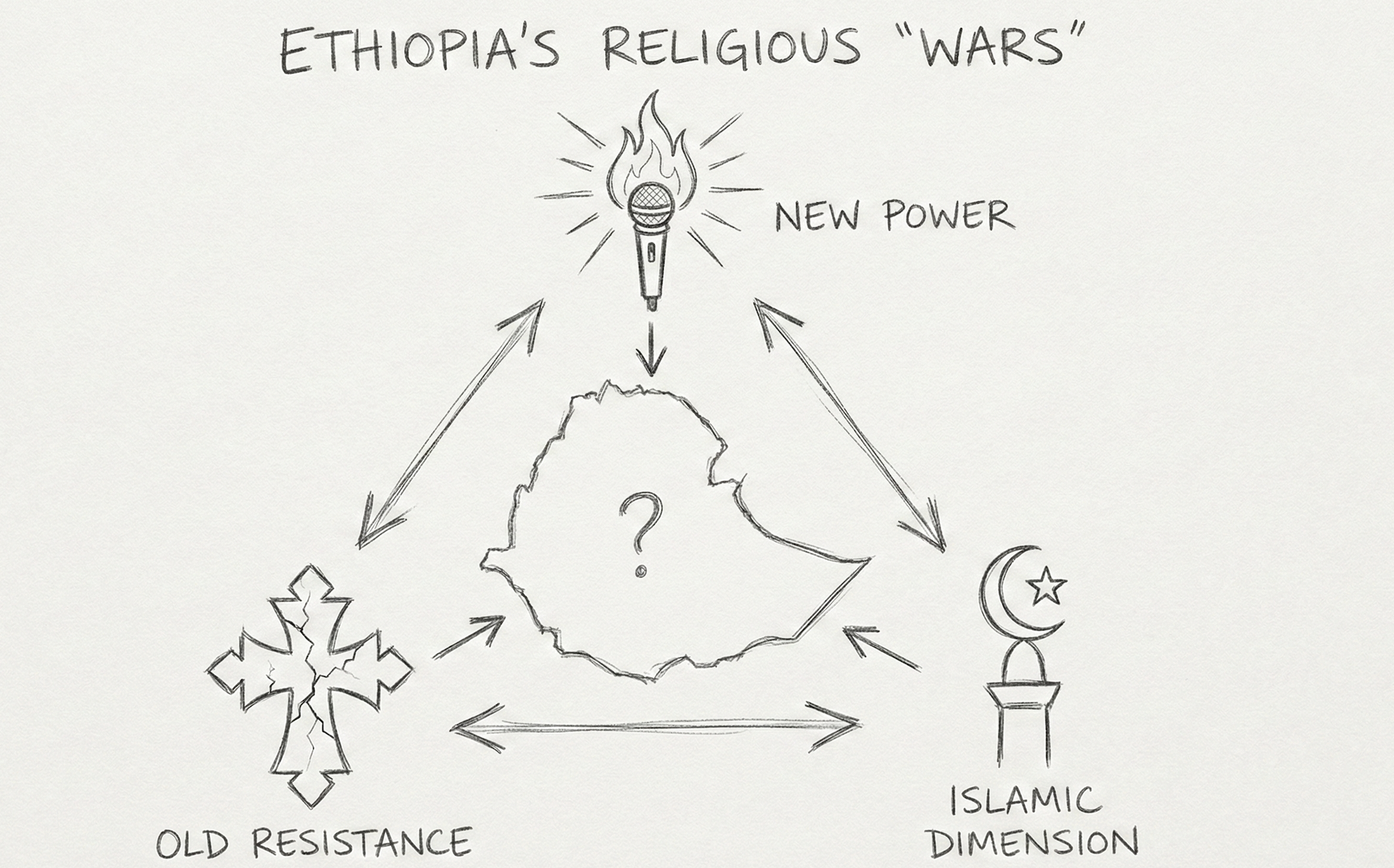As geopolitical landscapes shift and economic uncertainty deepens, there is one policy priority that demands renewed focus: the development of Africa.
With the United States signaling a potential retreat from global development efforts—most recently through President Donald Trump’s call to basically close the USAID—it is imperative for Europe to assume a more consistent leadership role.
But this role must move beyond outdated development frameworks and toward a genuine partnership focused on industrialization, urbanization, and long‑term investment – things which China, India and other BRICS countries understand a bit more.
Africa is not only the world’s youngest continent; it is also the fastest urbanizing.
Its population is expected to reach 2.5 billion by 2050 (4 billion in 2100), with a workforce that will surpass both India and China. Yet in much of U.S. and EU policymaking, Africa is still too often framed as a continent of crisis: a source of irregular migration, fragile states, and humanitarian emergencies. This perspective is not only outdated—it is strategically short‑sighted.
A prosperous, industrialized Africa is in the direct interest of the global community.
From climate resilience and global health to supply‑chain security and digital infrastructure, Africa’s development is tied to solutions to some of the 21st century’s most urgent challenges. For policymakers in Washington, Brussels, and other Western capitals, the calculus should be clear: a thriving Africa is not charity. It is a matter of shared strategic interest.
Meanwhile, global competitors have already acted. China, Turkey, the Gulf states, and others are investing heavily in infrastructure, industry, and connectivity. These are not acts of generosity—they are calculated moves to build influence, secure access to critical resources, and shape global governance norms. The West, in contrast, has remained anchored to a development paradigm that too often centers conditional aid, moral lecturing, and bureaucratic mechanisms ill‑suited to Africa’s current needs.
The unfortunate reality is that U.S. and European policy toward Africa still often carries echoes of a neo‑colonial mindset: offering mentorship instead of partnership, and exporting values before investing in capabilities. While human rights, democracy, and inclusion are essential values, they cannot be imposed in environments lacking economic security, physical infrastructure, and institutional resilience. Policymakers must understand: prosperity enables rights—not the other way around. And other powers, such as China, India, Turkey, and the Gulf States, are well aware of this and continue investing in Africa, building infrastructure, making profit, and increasing mutual collaboration all across the continent.
This is not a call to abandon values‑based diplomacy. Rather, it is a plea to align those values with material commitments. Jobs, housing, clean energy, digital access—these are the building blocks of dignified lives and democratic resilience. And this is where the West is currently being outpaced. The EU itself is usually seen as a weaker partner, compared to those mentioned above, as it is limited by monstrous bureaucracy, hypocrisy in international affairs, and a blurred foreign policy far from homogeneous, unified, and transparent.
Europe, in particular, must evolve.
It is time to reimagine its engagement with Africa—not as a donor or tutor, but as a co‑investor in long‑term, high‑impact development. This means shifting resources toward large‑scale infrastructure, supporting value‑added industries, fostering intra‑African trade, and investing in education and skills aligned with the needs of emerging African economies.
It also requires recognizing Africa’s political agency. The continent’s leaders are no longer waiting for approval or assistance from the West. They are negotiating complex, multi‑vector foreign relations—with Beijing, Ankara, Moscow, and beyond. If the West insists on leading with lectures rather than investments, it will find itself sidelined.
For American policymakers, the challenge is compounded by uncertainty at home. Cuts to USAID and inconsistent diplomatic signals risk eroding U.S. credibility and influence on the continent. If Washington steps back, others will step in—with agendas that may not align with democratic norms, transparency, or environmental sustainability. On the other hand, from the African point of view, there are many voices who actually welcome the withdrawal of USAID as—in the words of a Nigerian colleague of mine—“supporting all kinds of unnecessary activities in the country which only contributed to more instability.”
This is precisely why European policymakers must act decisively—not to fill a void with rhetoric, but with real partnership. Programs like the EU’s Global Gateway must move from concept to implementation at scale. Member states should coordinate with African governments to co‑develop industrial strategies, invest in logistics corridors, and expand renewable‑energy networks that serve both local populations and global climate goals. There is, of course, also ample space for countries that are not necessarily (viewed from Africa) seen as the West, such as Central and Eastern European nations.
Importantly, this shift must be matched with a change in tone. The era of the “civilizing mission”—whether cloaked in soft power or progressive ideals—is over. Africa’s youth are globally connected, politically aware, and increasingly skeptical of patronizing diplomacy. What they—and their governments—seek is respect, opportunity, and mutually beneficial cooperation.
The stakes are too high for business as usual.
Climate instability, migration pressure, geopolitical competition, and global inequality are all amplified by underdevelopment in Africa. But these challenges also represent opportunities—for innovation, new markets, and strengthened international alliances—if met with foresight and commitment.
Policymakers in the West must ask themselves: Will we remain stuck in a paradigm of management and moralism, or will we engage with Africa as the strategic partner it is becoming? The choice is ours—but the consequences will be global. The problem with politicians in the West, unlike those in, say, China, is that they too often think only in four‑year election terms, which makes long‑term decision‑making even more difficult, if not impossible.
.png)








